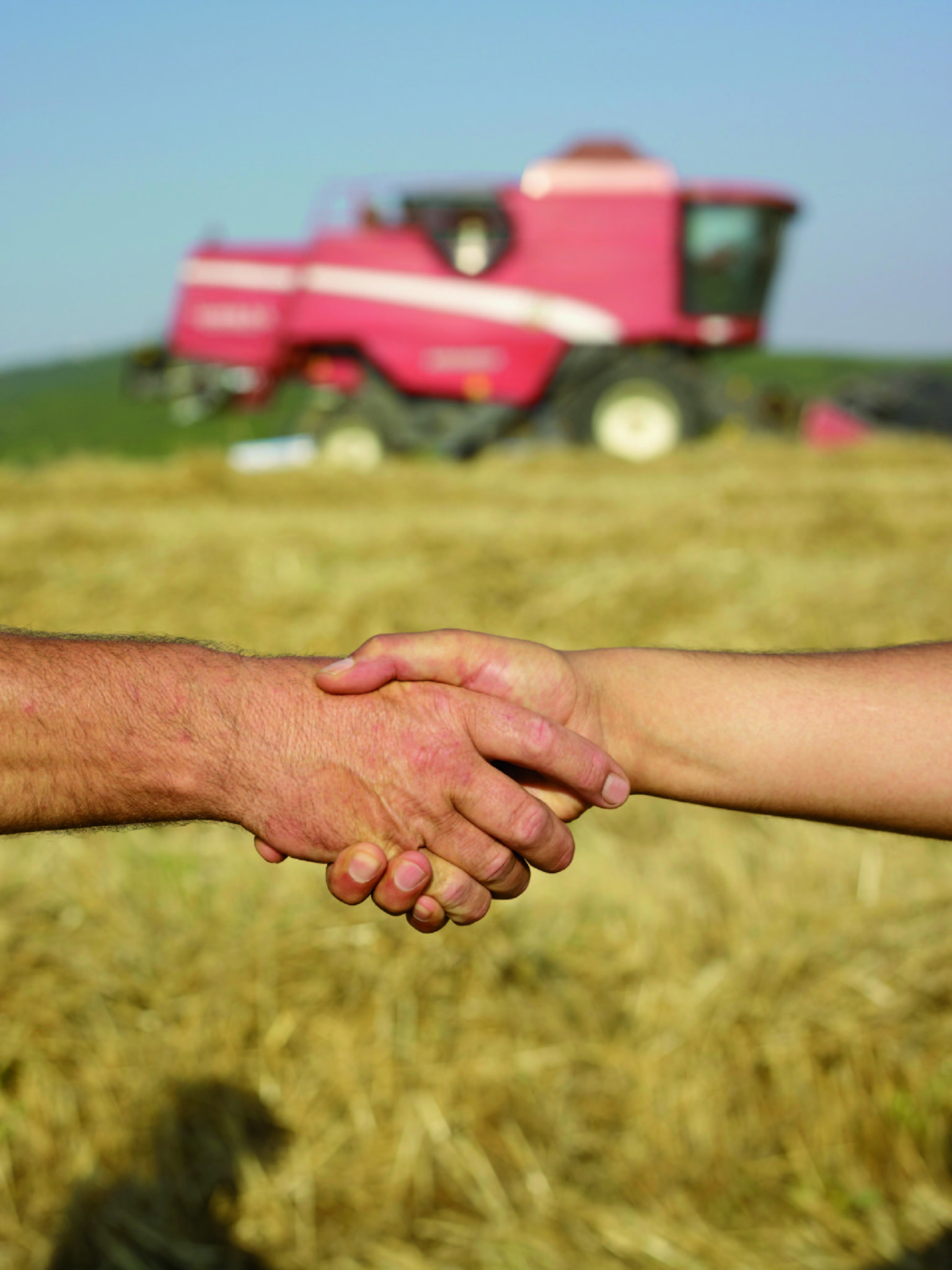The report, Community Trust in Rural Industries (Year Two), is the result of a collaboration of Australia’s rural industries since 2019 to collectively and proactively address community trust in the sector. The Program’s aim is to develop an aligned approach to long-term engagement with the community via a three-year research and engagement program.
The program is an Australian first – a partnership involving eleven Rural Research and Development Corporations, as well as the National Farmers’ Federation and the NSW Department of Primary Industries.
According to Margo Andrae, Chief Executive Officer of Australian Pork Limited, a partner in the Program, collaboration has given the sector access to a deeper, clearer understanding of what leads to community trust in rural industries.
“The research is telling us that the community sees rural industries as one – not a collection of separate industries with unique challenges – so this program is our way of embracing that and working and learning together,” she said.
The report also showed most Australians see fishers, farmers and foresters as responsible stewards of the land and sea.
“Community trust and visibility of the pork industry is central to our commitment to social responsibility. But our own preliminary research indicated that while communities were willing to give us the benefit of the doubt, they knew very little about pork production. This is why it is so important to share our stories. Being involved in this program has shown how community acceptance of rural industries, has increased from 87% to 93% in the past 12 months. This research has also helped us understand some of the key drivers of trust like environmental responsibility. So, seeing a rise in community trust from 87% to 89% in year two tells us we’re on the right track,” said Ms Andrae.
To date more than 14,000 Australians have been engaged in this program of work and shared their views on a wide range of topics and issues related to rural industries, through national surveys by research agency Voconiq.
The research revealed trust in rural industries is dependent on four drivers: environmental responsibility, responsiveness to community concerns, the importance of products produced by rural industries and (new in Year Two) – distributional fairness (that the benefits of rural industries are shared fairly – especially with regional communities).
According to lead researcher and CEO/Founder of Voconiq, Dr Kieren Moffat, the more community members feel a connection to the land themselves, the greater their level of trust in rural industries.
“Currently, Australians find this connection via the rural industry food and fibre products they purchase and use. This may be the most important advancement in the Year Two data, a clearer understanding of why industry products drive trust.










